Change + innovation + disruption = impetus to ‘Get It Right!’
By Guy Bell: In the worthy pursuit of underserved populations, is the future of post-secondary education embodied by occupational certifications from Google, Facebook, Apple, and Salesforce? Is the student value proposition firmly grounded in an expectation of employment by these companies or others with similar workforce gaps?
Many groups are working to respond to this contemporary line of inquiry, including Climb Hire (https://www.climbhire.co/). Or, if the drive to build a new campus designed for the future of learning is going to be the difference, Propel Center is an Atlanta based learning hub that is backed by Apple and Southern Company in partnership with HBCUs (https://propelcenter.org/). Their tag line: “Where history meets the future.”
Perhaps a robust OPM ecosystem coupled with newer startups like Quantic (https://quantic.edu/about/), and Minerva University (https://www.minerva.edu/) will lead the way. Considering the volume of bootcamps and various other data and tech/coding models backed by ISA (income share agreements), this trend may have a real impact on higher education, providing motivated high school graduates and their parents another path to consider besides enrollment in traditional higher ed programs, paid for with a combination of out-of-pocket, student debt, means-tested grants, tuition discounts/scholarships and work-study.
One emerging path that enjoys strong participation is Coursera (https://www.coursera.org/) certification, or any number of alternatives to Coursera. The paradigm: Get the well-paid first job, then consider attending college. Or not. This tactic could fuel the next wave of interest in any number of emerging online superpowers or save small regional colleges as they begrudgingly join the online migration. Either way, ground based, time based, and location-based experiences are at risk. But to what degree?
Of course, there is a reasonable chance that Grinnell College (https://www.grinnell.edu/) and many other high quality ground campuses will win the day. The competition to capture the full spectrum of learners might eventually cause liberal arts colleges to confront transformative change, but I’m confident Macalester College (https://www.macalester.edu/) and its peers will have a place in this ever-changing ecosystem.
Those interested in learning more about the global education market should check out Holon IQ (https://www.holoniq.com/). While many firms are gathering similar data, this team has done a wonderful job showing the trends fueled by the data. To the extent an institute, college, university, or investment firm is waiting for the dust to settle before moving forward, consider the University of Pennsylvania, which offers free certified nursing assistance programs (CNA) to underserved populations. Whether the motivation is simply supporting high demand entry level training – in response to a critical need – or something else, the strategy fills a void that does not end with entry level healthcare training.
The future of higher education is in our hands. If history repeats itself, some of these bold ideas that are well funded and seem promising will burn through cash and disappear while others will continue to change until they get it right. Many have gotten it right. Do your homework! This is a suitable time to learn from this swirl of rapid change.
